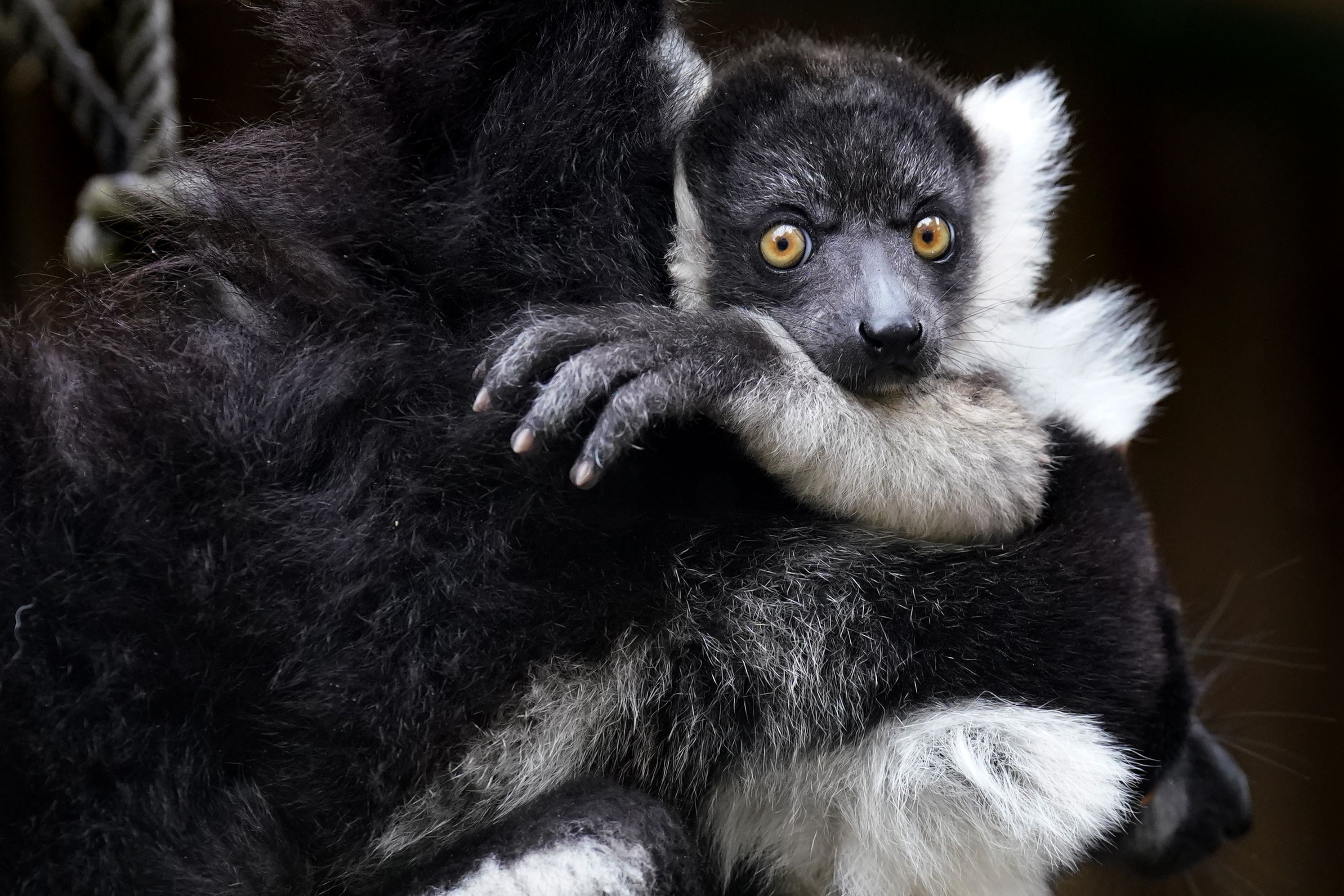‘Game changing’ research reveals full genome sequences of hundreds of primates
The data will open up a new era in primate research, experts suggest.

The genetic diversity and evolutionary history of primates – the group that includes monkeys, apes, lemurs and humans – has been revealed in full for the first time.
The new findings could be a “game changer” in helping researchers gain a better understanding of genetic diseases, human health, how we evolved, and even the mutations that make us uniquely human.
Academics from around the world, including the University of Salford, have sequenced the genome – complete set of DNA – of more than 200 primate species, nearly half of the current total, to create the first ever global catalogue of genetic diversity among primates.
Published in the journal Science, the data will open up a new era in primate research, the experts suggest.
We now have a high quality family tree of primates, using by far the biggest dataset ever published
In the past, genetic research into primates has mainly focused on relatively small parts of the genome, such as specific genes.
The new study is the first to publish a diverse sample of whole genomes across the primate family tree.
Professor Jean Boubli, chairman in Tropical Ecology and Conservation at the University of Salford – one of the paper’s authors, said: “This is a real game changer in studying many aspects of primate evolution. And it touches on conservation.
“Many of these species are under threat and the results here could help with conservation efforts. It is a fantastic collaboration that is going to open up a lot of doors to future research.”
Dr Robin Beck, reader in biology at the University of Salford, is an expert in fossils and phylogenetics and co-author on the paper.
He said: “This study shows the power of whole genomes for understanding primate diversity, and how primates have evolved through time.
“We now have a high quality family tree of primates, using by far the biggest dataset ever published.
“It shows how primates have diversified over the last 60 million years, from their origin a few million years after the extinction of the dinosaurs to the present day.
“For the first time, we have a truly robust timescale for these evolutionary events, and we can now start to try to identify what might have caused them.”
Working with 75 colleagues in Spain, Germany, the US, Brazil, among another 20 countries, the team from Salford contributed 205 samples totalling 77 species, or more than 30% of the species analysed in the new study.
The Salford team also used information from the fossil record in combination with the genome sequences to produce a new best primate family tree to date.
Researchers suggest the results have created an accurate picture of how all the different branches, including humans, are related to each other, and when these branches split from each other.
Dr Dorien de Vries is a postdoctoral researcher at the University of Salford who used her expertise in the primate fossil record to identify fossils that could be used to help calculate the timescale of the new primate family tree.
She said: “Knowing the timeline of primate evolution provides a great framework for many kinds of future research.
“For example, only then can you calculate and compare mutation rates between different primate groups (as we did in the paper) which has important implications for rates of evolution, and what differences there are between small and large primates, among many other questions.”
Bookmark popover
Removed from bookmarks